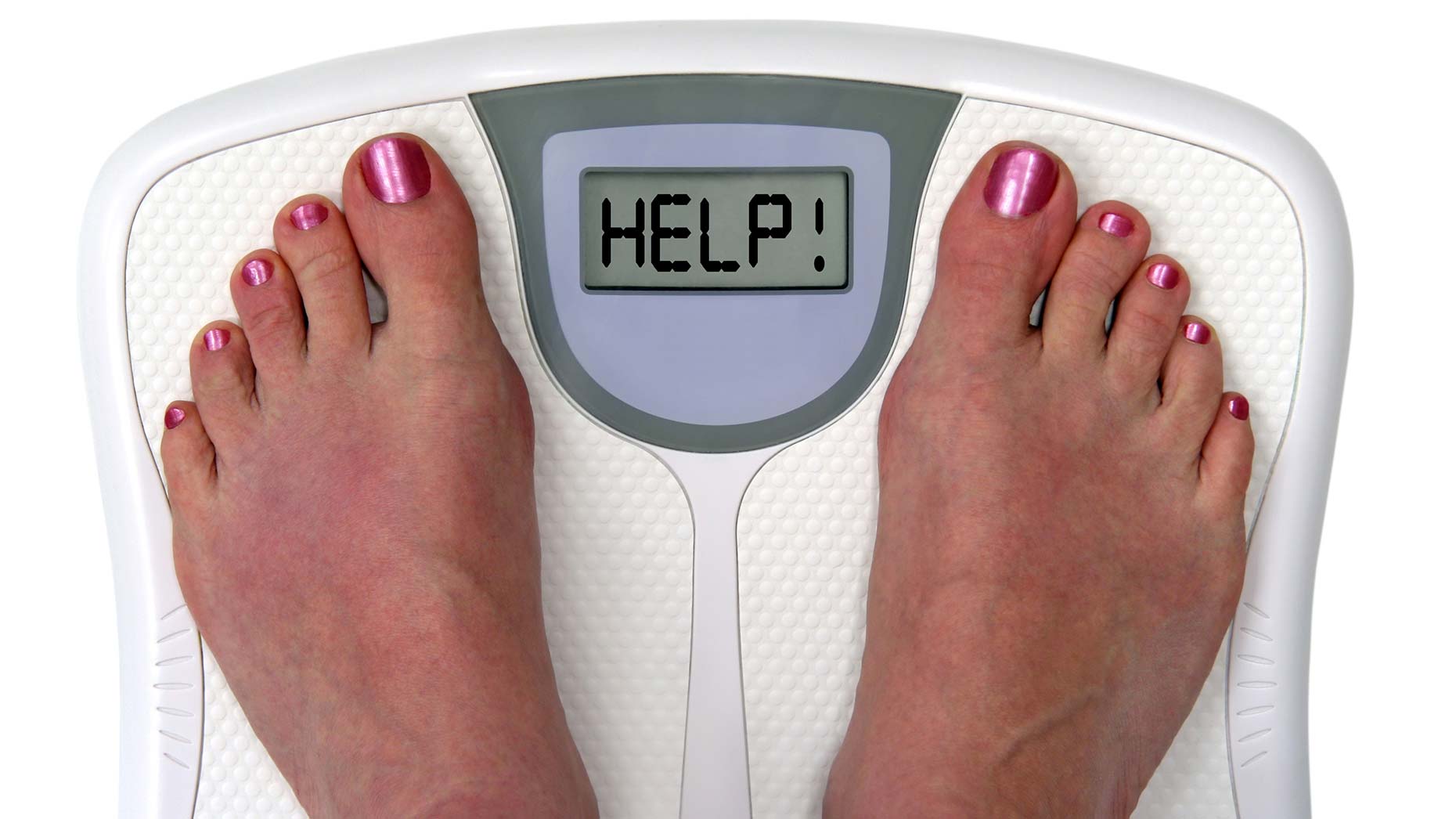We’re told of a bright new Brexit future with trade deals from around the world, and ‘The Donald’ is particularly keen we should sign up to increase trade with the USA. However, you may have heard about chlorinated chicken and hormone boosted beef. There are indeed many other issues which might well be equally noteworthy and I will try to look at some of the facts here.
Chlorinated chicken – it sounds dreadful but is it really so bad? The actual process of chlorination isn’t actually a risk factor. We have chlorine in tap water to render it safe, and of course it’s widely used in swimming pools. The question should be: Why is chlorination necessary? This goes to animal welfare standards. Unfortunately, with the intensive farming methods employed in the USA, poultry are intensively farmed and their welfare standards are significantly lower than in the EU.
Indeed as reported in the 2018 Association of Poultry Processors and Poultry Trade in the EU (AVEC) it is stated: “In the USA, there are currently no federal regulations to control or safeguard the welfare of animals.” This means that animals often are fed high doses of antibiotics to reduce disease in awful overcrowded conditions, and birds are kept in unsanitary enclosures, meaning that salmonella and avian influenza are common problems affecting USA intensive farms.
These poor animals are in fact so filthy, that it requires chlorination to make their meat fit for consumption. The EU on the other hand has strict legislation governing all aspects of poultry care which governs such things as cleaning requirements, feed quality, access to light, water and air, just to list a few (E.U. Directive 98/58).
We do have intensive poultry farms in the UK but they meet much higher welfare standards, and there are strict measures in place to ensure salmonella and avian influenza are all but eradicated. The UK has in fact led the rest of the EU in setting these high welfare standards, but the question is: will the USA be willing to improve theirs before trading with us?
Hormones in beef cattle are another contentious issue and again EU directives set out strict controls on their use. The hormones banned by the EU in cattle farming are oestradiol, progesterone, testosterone, zeranol, melengestrol acetate and trenbolone acetate. There is unfortunately some controversy in whether these hormones actually present a risk to people consuming the meat. However, we have to ask what’s the reason for the hormone usage?
In the USA, intensive cattle farming provides cheaper beef for the seemingly insatiable appetite from consumers. These animals are reared without ever seeing green grass or having natural sunlight – they are held in pens where they barely have room to move, so muscle development would be poor without the use of these hormones. Furthermore, high use of antibiotics has been blamed for helping to drive microbial resistance and we now face a real threat of “superbugs” which are completely resistant to many commonly used antibiotics in human medicine. There is a similar story for pig farms.
If we are going to do a post Brexit deal with the USA, we really need our government to ensure that our current high food standards are maintained, otherwise our farmers will face a “race to the bottom” in having to reduce welfare standards to meet the USA competition on cost.
Finally a mention on another toxic substance, which is ubiquitous in USA manufactured foods: high fructose corn syrup (HFCS). This sugar “alternative” was manufactured in their labs when it was realised that there was an over-production of corn following the Nixon initiatives for increasing corn production through subsidies in the 1970s.
However, while HFCS are much cheaper than cane sugar, there are health implications for its use, and it has been indicated as one of the factors in the huge obesity epidemic that the USA faces, because this substance cannot be metabolised in the same way as cane sugar. Indeed, over-consumption of HFCS is directly linked to the higher incidence of non alcoholic fatty liver disease (Steatohepatitis). The EU does not restrict HFCS by banning it as such and there are misconceptions about regulations concerning high fructose corn syrup in the EU.
Referred to as isoglucose or glucose-fructose syrup in this region, use of high fructose corn syrup is restricted because it’s under a production quota. It is therefore much harder for manufacturers to obtain in the EU so its use is limited here by default. However, the issues are the same – and once Brexit opens us up to trade with the USA, this production quota will become irrelevant as we will have to accept goods containing this cheaper sugar alternative flooding in to our shops.
What can we do to make sure we aren’t eating these things?
Buy organic “free-range” meat where ever possible. Support your local farmers and get locally produced meat and poultry. It is more expensive, but you will see the difference in taste immediately. Think quality over quantity.
Check you ingredients list. If you see High Fructose Corn Syrup or Glucose-Fructose syrup, don’t buy it. Look for naturally occurring sugars where ever possible.
Consider going vegetarian on some days: we have great British companies like Quorn and Linda McCartney’s producing fantastic meat alternatives. You’ll save some money, help your health and also with a much lower carbon footprint, it helps save the planet too.
— Martin Schoenbeck BSc (Hons) M.N.I.M.H. is a consulting medical herbalist and nutritionist working in Lincoln.
More from Martin:








